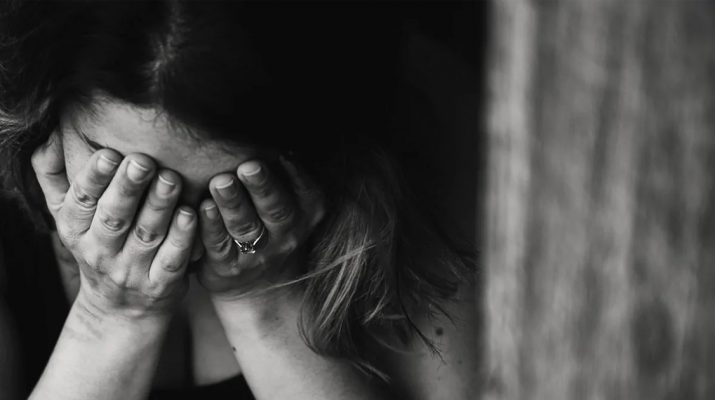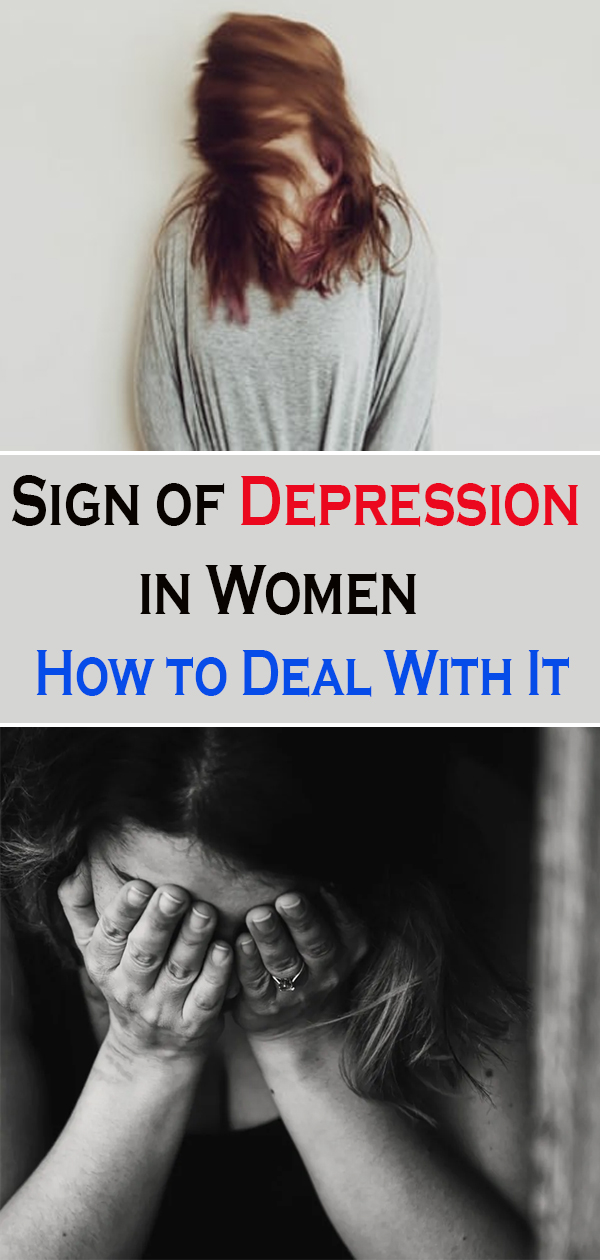Depression affects many more women than men. Some studies claim that depression in women is twice as common as it is among men.
The reasons why more women are depressed than men are complex. They overthink things more, and they are under more stress than men are. This is due to the many demands society places on women.
Depression in women involves a host of symptoms. The stereotypical symptom of depression is sadness. Other important signs include anxiety, loss of interest, irritability, feelings of guilt, sleep disturbances, and thoughts of death or suicide. This is not an exhaustive list of depression symptoms, but it can help you begin to understand your condition and point you toward sources of help if you feel you are in trouble.
Sign Of Depression In Women
1. Anxious Or Sad Mood
If you constantly feel anxious or sad, this can be a sign of depression in women. You could also experience a persistent “empty” mood where your emotions are blunted. This is a self-defense mechanism that keeps you from feeling the pain you have inside.
2. Loss Of Interest
When women are depressed, they often lose interest in activities that used to give them pleasure. This is a major sign of depression. Loss of interest in sex is also very common. If you find that your favorite hobby or activity leaves you empty, it may be a sign of depression.
3. Irritability And Restlessness
The stereotype of a depressed person is that they can’t get out of bed and have trouble getting up and around to do the basic tasks of life. While this is true for many people, one symptom that can be missed is irritability.
4. Feelings Of Guilt And Worthlessness
Everyone has times when they feel guilty, but a persistent sense of guilt and worthlessness could be a sign that something is wrong. These feelings can be overwhelming and cause you to stop enjoying your life.
5. Sleep Disturbances
While insomnia can be a warning flag for depression, sleeping too much is also a common symptom. Waking too early in the morning is a common problem for depressed people.
6. Appetite Changes
Sometimes, people who are depressed overeat to comfort themselves. They may gain a great deal of weight. Some depressed people find that they have difficulty eating or enjoying food. This can lead to unhealthy weight loss. A depressed person’s relationship with food may be distorted.
7. Fatigue
People who are depressed often feel extremely tired or have little energy. This may result from a lack of sleep and poor diet, but it also is a sign of depression on its own. If you constantly feel like you are “slowed down” or dragging yourself through life, you may be depressed.
8. Thoughts Of Death
This is the most serious sign of depression in women. Persistent thoughts of death and suicide are a major warning flag for depression. If you feel like you are about to give up and can’t go on any further, call a suicide hotline or 911.
9. Difficulty Making Decisions
When a person is depressed, they often lose their decisiveness. This is a sign of depression. They spend a lot of time worrying about decisions and feel paralyzed by too many options. They can also have extreme trouble concentrating.
10. Other Physical Symptoms
Frequently, people’s bodies internalize depression, especially when they feel they can’t express themselves verbally. Headaches, stomachaches, and other forms of chronic pain are prevalent. This is a common sign of depression in women. People can even have increased high blood pressure or cardiovascular symptoms.
Final Thoughts
When a woman feels depressed, she may experience an array of troubling symptoms. Each sign of depression should be taken seriously. If these symptoms happen one at a time or pass quickly, she may be reacting to life events and perhaps she is not depressed.
If any of these symptoms last longer than 2 weeks, she should contact her primary care doctor immediately. She can be referred to a therapist or psychiatrist, or her primary care doctor may be able to treat her for depression.
Depression is nothing to be ashamed of. It is a biological disorder no different from high blood pressure or diabetes. It can be managed with the help of therapy and medication. Don’t give up hope, and take comfort in the idea that you can be helped.


